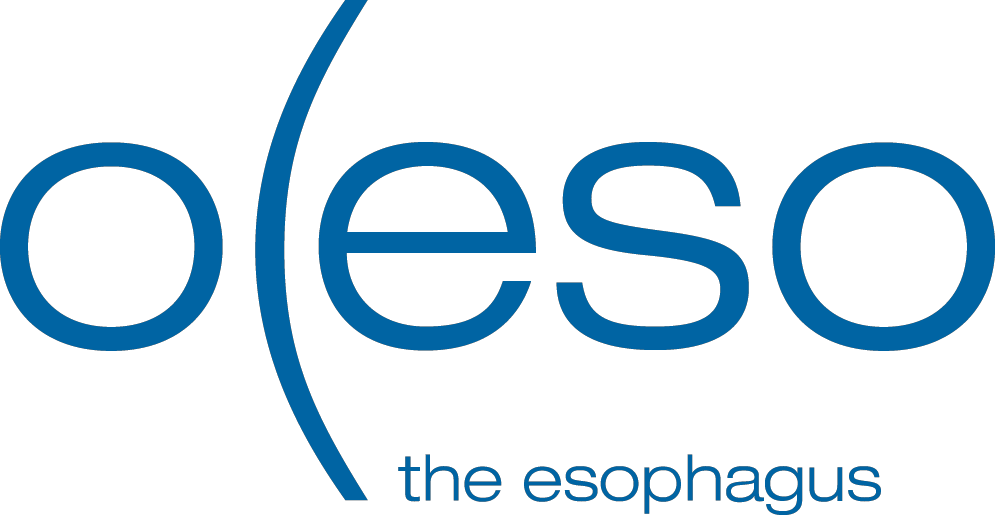Call for Abstracts
OESO-SEMPIRE 17th World Conference | Esophagus 2026 Versailles | June 14-17, 2026
Call for Abstracts
Keydates to remember
- Abstract submission opens: November 25, 2025
- Abstract submission closes: April 6, 2026
- Abstract notification of acceptance: April 26, 2026
This conference is an international meeting of thought leaders, educators, and investigators in esophagology, including gastroenterologists, surgeons, pathologists, otolaryngologists, oncologists, and basic scientists. If accepted, your work will be considered for presentation at the meeting in either poster or oral presentation format.
Conflict of Interest (COI) Disclosure
More than 190 speakers will offer the international scientific community the message of an exceptional synthesis.
Guidelines
1 – Eligibility requirements
Abstract submission is open to anyone in a health-related field conducting clinical, epidemiologic, and laboratory-based research or quality improvement projects related to the esophagus.
- Abstracts or data that have been published as full manuscript in print or online format in a peer-reviewed journal on or before the date of submission deadline (March 16, 2026) will NOT be eligible.
- Abstracts, case reports, and/or data previously presented at other national or international meetings will be allowed.
- Submission of an abstract or case report constitutes a commitment by the author(s) to present the abstract or case report in-person at the OESO World Congress as accepted.
- Abstracts can be submitted for any topic related to the study or clinical care of diseases related to the esophagus.
Some possible areas include, but are not limited to:
- Epidemiology of esophageal diseases
- Esophageal and oropharyngeal motility
- Gastroesophageal reflux disease including extraesophageal presentations
- Functional or gut-brain disorders of the esophagus
- Eosinophilic esophagitis
- Autoimmune and connective tissue diseases of the esophagusBarrett’s esophagus o Esophageal cancer
- Other inherited or acquired diseases of the esophagus
- Obesity / bariatric interventions and the esophagus
- Microbiome of the esophagus and related diseases
- Cost-effective management of esophageal disorders
- Other inherited or acquired diseases of the esophagus
- Immunotherapy in esophageal cancer
- Perioperative treatment of esophageal cancer
- Multimodal combination therapy for esophageal cancer
- Palliative treatment (interventional, local or systemic) treatment of esophageal cancer
- Innovative clinical trial in progress (TIP) of esophageal cancer o Medical therapy for esophageal disorders (non-cancer)
- Interventional endoscopy for the esophagus o Surgical techniques and innovation of the esophagus
- Artificial intelligence and other novel technologies in esophagology
2 – Instructions for submission
- Submitted abstracts should have a word count of 500 or less.
- No more than a total of 2 tables, graphs or images are allowed.
- Research abstracts should include the following sections:
Background
Methods
Results/Findings
Discussion/Summary
- Do NOT include author names or information in the body of the abstract.
- Authors should select one of the three main tracks (Gastroenterology, Surgery, or Oncology) based on the primary content and focus of the abstract.
- The abstract should include (in order) the title, body of the abstract, and any tables/graphs/images.
- All submissions should include a completed “Submission and conflict of interest form”, signed by the contact author.
- Submissions should be completed by the contact author through the dedicated submission platform.
- Any submission with incomplete information or not complying with the abstract instructions will be returned.
3 – Review process
All submissions will be scored by independent reviewers blinded to author information.
Abstracts and case reports will be evaluated based on the following criteria:
- Originality of work or scientific merit
- Methodology and statistical analyses
- Impact on the field, future research, policy, and/or patient care
4 – Alteration & withdrawals
Accepted abstracts and case reports will be published as submitted on the OESO website following completion of the conference. OESO does not edit or proof abstracts or case reports. Once your abstract is formally submitted, corrections cannot be made. If changes to a submission are needed, you must withdraw it and create a new, revised submission before the submission deadline. No changes to the abstract (including authorship information) beyond the submission deadline are allowed.
5 – Acceptance
The contact author will be notified by April 2, 2026 of the submission’s acceptance or rejection. All notifications and correspondence will be directed to the contact author indicated in the submission. It is the responsibility of the submitting author to confirm that information of all co-authors are correct, including affiliations, email addresses, and conflicts of interests. All acceptance decisions made by the OESO Abstract Selection Committee are final.
6 – Awards & recognitions
Outstanding Abstract Awards will be given to top-scoring abstracts of the 2026 OESO World Congress. Awardees will be recognized during the conference and on the OESO website. In addition, the top-scoring abstracts by a student or trainee will be selected and receive complimentary registration to the conference. The student or trainee recognized should be the first and presenting author of the abstract. Only one author of the abstract is eligible for complimentary registration. Young investigator Awards will also be presented to the top-scoring abstracts by junior investigators. To be eligible, the first and presenting author of the abstract needs to be within 5 years of completion of the final specialty/subspecialty training (e.g. fellowship completion or specialist qualification) on the date of the submission deadline. Decisions will be communicated by April 2, 2026.
7 – Expenses
There is NO submission fee.
- Expenses associated with abstract or case report preparation and presentation are the responsibility of the presenter(s)/author(s).
- Authors of accepted abstracts and case reports are expected to register for Conference and pay the registration fee.
8 – Key Dates
- March 16, 2026 (11:59 pm EST): General Submission Deadline.
- April 2, 2026: Notification of submission acceptance sent electronically to contact author.
- June 14–17, 2026: 17th OESO World Congress
Please ensure your submissions adhere to the guidelines and are submitted by the deadline.
We look forward to your valuable contributions!
Further information provided on asurcouf@hopscotchcongres.com

